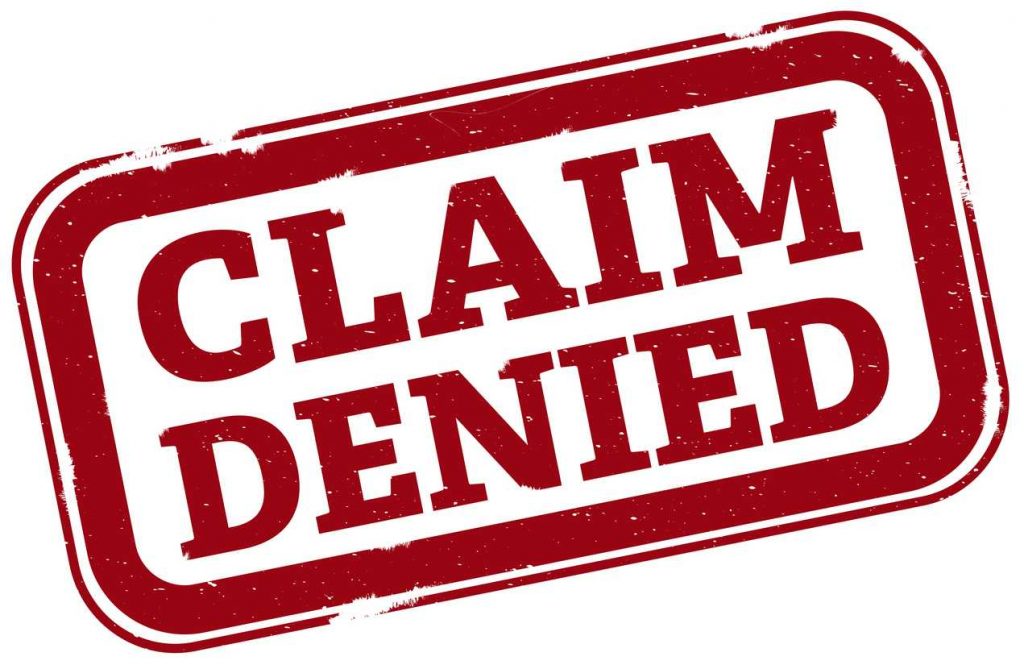Though it can be frustrating, it is important not to panic if your car accident injury claim has been denied.
If you’ve been the victim of a car accident, one thing you can do is file an injury claim and hope you’ll receive some financial aid to cover all your medical expenses.
These claims often go through the other driver’s insurance companies. Another solution would be to sue the other driver in civil court, but that process generally only happens when gross negligence is involved. And when you’re dealing with insurance adjusters, particularly if you’re on your own, you may be hit with this frustrating conclusion: your claim has been denied. What should you do now?

Why the Claim Was Denied
The insurance company must give you a reason for why they denied your claim. Some common reasons can include:
- Claiming their policyholder did not cause the accident;
- Use any detail of the accident to invoke policy exclusions
- Claim no coverage existed at the time of the accident, because the premium was not paid;
- Claim they did not have time to investigate the accident because the policyholder did not notify them in due time.
It’s important not to panic if your claim is denied. Yes, it can be a very frustrating thing to hear, particularly when the medical bills are piling up and you have no way of paying them on your own. There is a way to ensure your legal rights are protected. Speak with an experienced St. Louis car accident attorney.
How to Appeal
There are two ways to proceed here. First, you can go back to the insurance company and file an appeal, since most already have such a system in place. If you have a lawyer with you, they can refute any counter-argument made by the insurance company to deny your claim by bringing up the facts and evidence of the case.
If you get nowhere with the insurance company, you can also go to arbitration, where each party will present their side and an impartial third party will rule on the dispute.
Insurance companies will often try to avoid paying these claims, and because of this, it’s vital to work with a lawyer. Through their experience, they can even tell if the company is acting in bad faith, and recommend filling a suit for improper claims practice. This can show the company you’re serious about your claim, and it may convince them to start negotiating.
Even if they do not, your lawyer can represent your case in court. If they provide a convincing argument, the judge will rule in your favor and the company will have to approve your claim and possibly pay a fine for improper claims practice.
